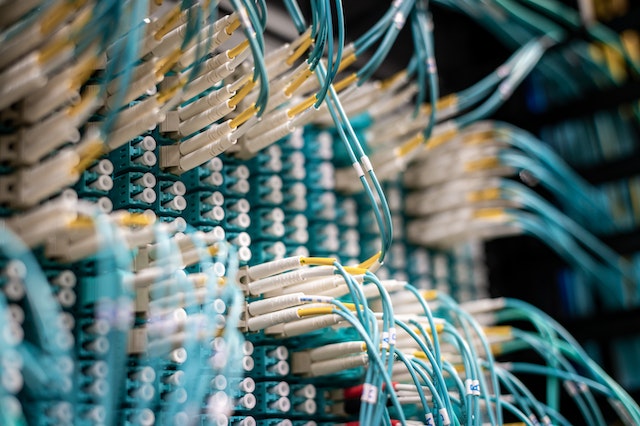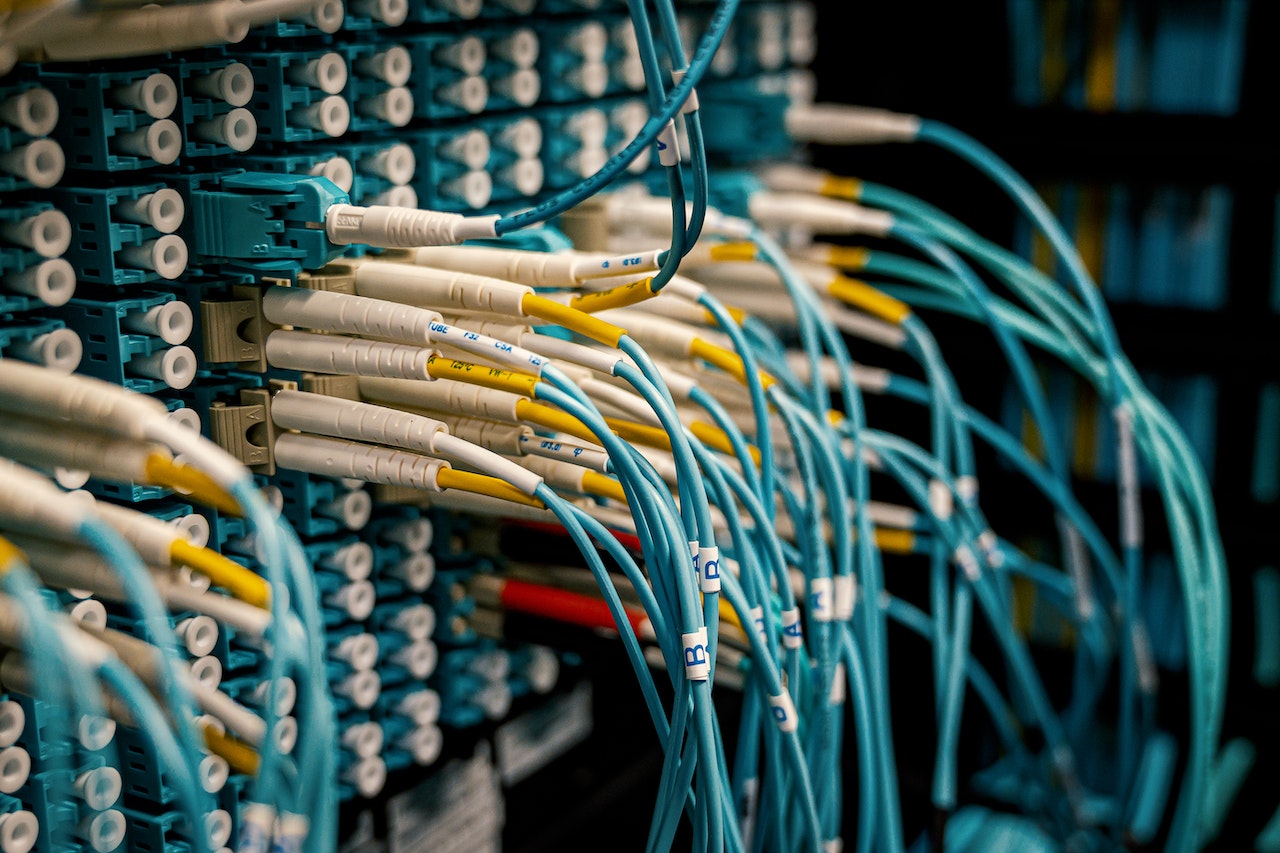In recent years, fiber optic internet has become increasingly popular among internet users. Fiber optic cables use light to transmit data, providing faster and more reliable internet speeds than traditional copper cables. However, fiber optic internet is often more expensive than other types of internet, and not all areas have access to it. In this article, we’ll explore the rise of fiber optic internet and whether it’s worth the investment.
What is Fiber Optic Internet?
Fiber optic internet is a type of internet connection that uses fiber optic cables to transmit data. Unlike traditional copper cables, which use electrical signals to transmit data, fiber optic cables use light to transmit data. This allows for faster and more reliable internet speeds, as light can travel much faster than electricity.
Fiber optic internet is also less susceptible to interference and signal loss than other types of internet, as the light signals are not affected by electromagnetic interference or other environmental factors.
Why is Fiber Optic Internet Becoming Popular?
Fiber optic internet is becoming popular for several reasons. Firstly, it offers faster and more reliable internet speeds than other types of internet. This is particularly important for users who require high-speed internet for activities such as online gaming, streaming video, or downloading large files.
Secondly, fiber optic internet is less susceptible to signal loss and interference than other types of internet. This means that users can expect a more stable and consistent internet connection, even during peak usage times.
Finally, fiber optic internet is more scalable than other types of internet. As more users connect to the internet, the demand for bandwidth increases. Fiber optic internet can handle this increased demand more easily than other types of internet, ensuring that users can continue to enjoy fast and reliable internet speeds.
Is Fiber Optic Internet Worth the Investment?
Fiber optic internet is often more expensive than other types of internet, which can be a barrier for some users. However, for users who require fast and reliable internet speeds, fiber optic internet can be worth the investment.
One of the main benefits of fiber optic internet is its fast download and upload speeds. This can be particularly important for users who work from home, as it allows them to upload and download large files quickly and efficiently. Additionally, fast internet speeds can be beneficial for online gaming, streaming video, and other high-bandwidth activities.
Another benefit of fiber optic internet is its reliability. Fiber optic cables are less susceptible to interference and signal loss than other types of internet, which means that users can expect a more stable and consistent internet connection. This can be particularly important for users who rely on the internet for work or school, as a stable internet connection is crucial for productivity.
Finally, fiber optic internet is more scalable than other types of internet. As more users connect to the internet, the demand for bandwidth increases. Fiber optic internet can handle this increased demand more easily than other types of internet, ensuring that users can continue to enjoy fast and reliable internet speeds.
However, it’s worth noting that fiber optic internet is not available in all areas, and installation can be expensive. Additionally, some users may not require the fast speeds and reliability that fiber optic internet offers, making it less of a worthwhile investment for them.
Conclusion
Fiber optic internet is becoming increasingly popular among internet users, thanks to its fast speeds, reliability, and scalability. While it can be more expensive than other types of internet, for users who require fast and reliable internet speeds, it can be worth the investment. However, it’s important to consider whether fiber optic internet is available in your area, and whether the investment is necessary for your internet needs. Ultimately, the decision to invest in fiber optic internet will depend on your individual requirements and budget.







